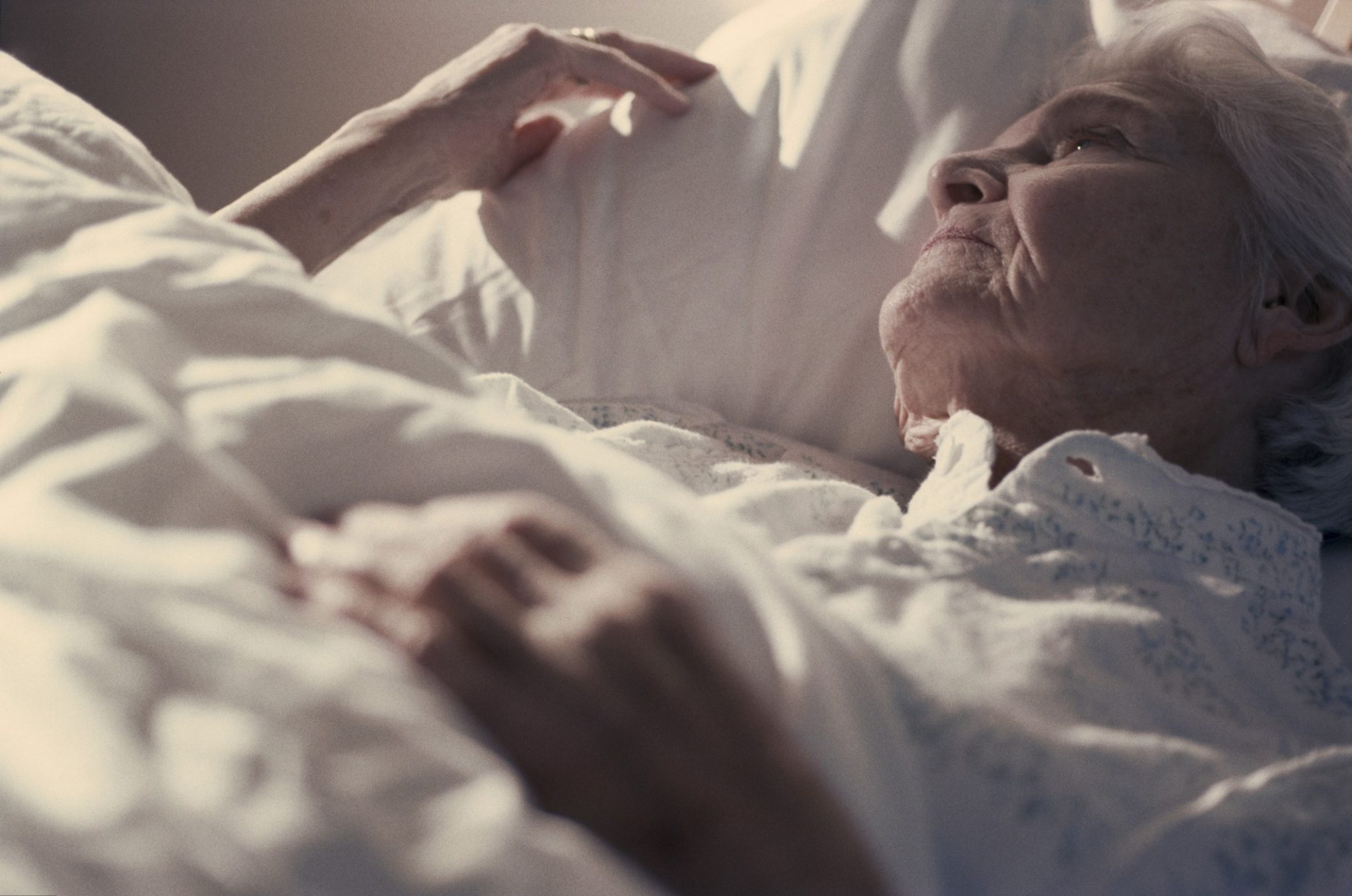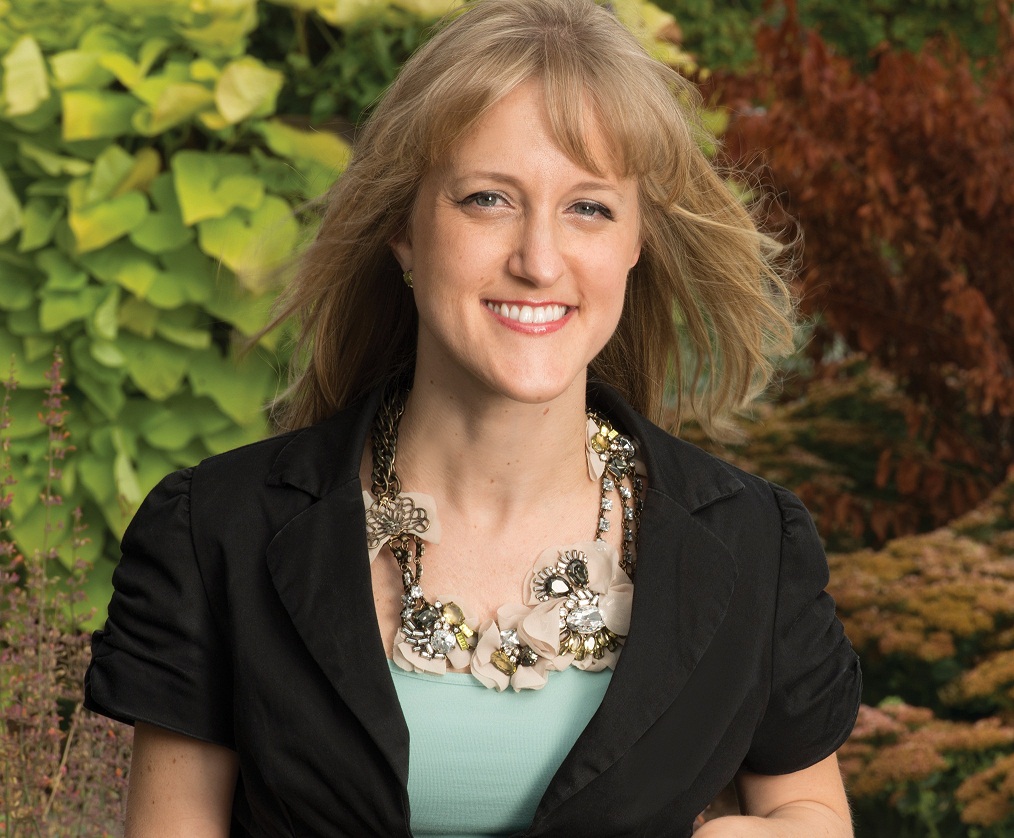In her time as a chief fellow at a New York hospital, clinical psychologist Amy Lowery, Ph.D., noticed how common sleep problems were among cancer patients during and after their treatment. She began to see these patients, and when the demand for her services rapidly grew, she established a sleep clinic.
After being recruited to her current position at the UPMC CancerCenter in November 2012, Dr. Lowery began the process of establishing a similar clinic at the Hillman Cancer Center. Since April 2013, the Cancer Sleep Clinic has worked to treat the sleep issues that develop as a result of cancer treatment.
Patients should not come to the Cancer Sleep Clinic expecting a stereotypical session with a psychologist. According to Dr. Lowery, who sees herself as the patient’s partner in their efforts to sleep better, “It is more like a sleep workout, and I am their personal trainer.”
All treatment plans at the Cancer Sleep Clinic are highly individualized to the unique issues each patient is facing, Dr. Lowery said. After learning about sleep and how it is impacted by external factors, patients monitor their sleep throughout the course of treatment to identify patterns and changes. Behavioral, emotional and thought-based therapies are then implemented to improve the quality of sleep patients experience each night.
Treatment is usually completed in six to twelve sessions, with improvements noticeable by session four.
“Poor or insufficient sleep is so common, and there are some very serious health and safety consequences,” Dr. Lowery said. “However, most people overlook this problem and don’t realize it is relatively easy to treat without medication.”
Eileen Papariella’s sleep was drastically affected while undergoing radiation treatment for Non-Hodgkin’s Lymphoma earlier this year. “I thought I was going crazy,” she said. But when she sought treatment at the Cancer Sleep Clinic, she realized she was not suffering alone.
With the guidance of Dr. Lowery, Eileen began monitoring her sleep patterns and different aspects of her lifestyle. At the same time, she implemented new behavioral practices that have helped her once again experience a restful night’s sleep.
“The Cancer Sleep Clinic saved my life,” she says.
Papariella’s cancer is currently in remission, and she credits the success of her treatment to her support system of family members, friends and UPMC doctors. She offers simple but powerful advice to cancer patients facing the issues she once dealt with on a daily basis.
“Go get help right away. Don’t wait until these problems are affecting your entire life,” she says.
Ultimately, Dr. Lowery envisions the Cancer Sleep Clinic treating not only patients, but patient caregivers as well.
“I want everyone to know that they don’t have to suffer silently,” said Dr. Lowery. “Sleep is just one of the many potential challenges a person may face, but seeking help for a problem is not a weakness – it is a strength. I encourage all people impacted by cancer to see a professional if they are going through a difficult time, whether it is a new diagnosis or many years post-treatment.”
Dr. Lowery recently received grant funding for her next project, which involves developing sleep improvement intervention for cancer patients dealing with long hospitalizations. She is also working on taking early action against sleep problems by having patients screened during visits to clinics. In the future, she hopes to provide training for other clinicians who are interested in this area of study in the hopes of helping more cancer patients out there who are struggling with sleep.
For more information about the Cancer Sleep Clinic, visit the UPMC CancerCenter webpage.










